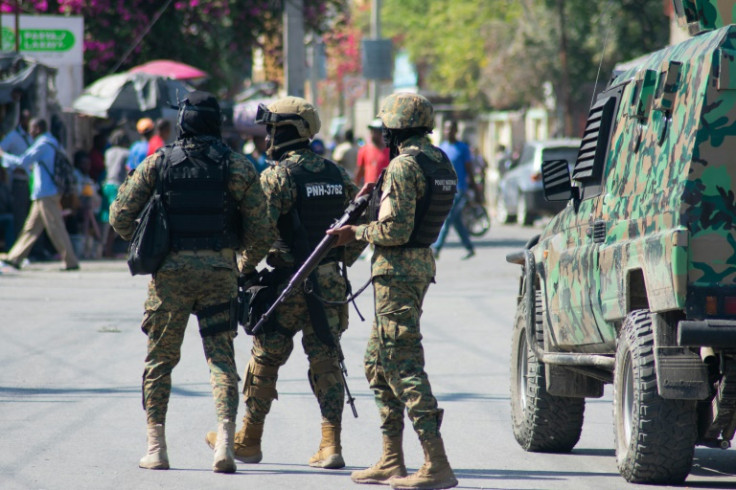
Haitian parties finally formed a transitional council on Friday, the first step toward addressing widespread violence in the country and set a date for presidential elections. However, it's already facing several issues.
The body's members have called for it to be installed "as soon as possible" to begin its operations, especially because, they say, the outgoing prime minister changed the terms of their agreement to continue in power.
Prime Minister Ariel Henry said he'd leave his post once the council was installed, but now says he'll do so once they name a successor for him.
The nine groups forming the council issued a text over the weekend saying they were shocked by "the introduction or major modifications" to the text of their installment, and challenged the validity of the text.
Henry must facilitate the installation of the council, the nine-member body insisted.
Once it does, its first order of business will be appointing a new Prime Minister. According to The Miami Herald, council members have given themselves broad powers over the incoming government, including the ability to fire the next prime minister, something that usually falls under the purview of parliament.
They can also name people to a series of newly created agencies, including a national-security commission. And most importantly, it will have to pave the way to hold a presidential election in 2026. The country hasn't had a presidential election since 2016.
The council also had to commit to accepting the deployment of an international security force tasked with neutralizing the gangs that now control most of the capital, Port-au-Prince.
However, it didn't clarify whether the mission will be welcomed, nor how they will deal with the criminal organizations.
Kenya, set to lead the force, has put it on hold pending the formation of the next government. It also said it needs to be financed before it can deploy.
In the meantime, violence continues in the country. On Friday, the UN said that about 95,000 people have fled the capital since early march as a result.
Insecurity is "pushing more and more people to leave the capital to find refuge in provinces, taking the risks of passing through gang-controlled routes," IOM said.
© 2024 Latin Times. All rights reserved. Do not reproduce without permission.







